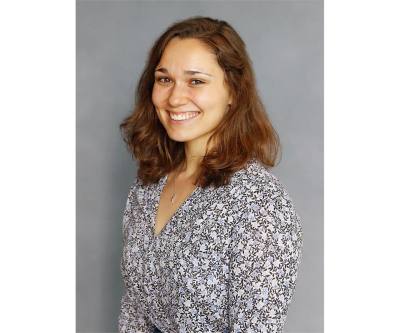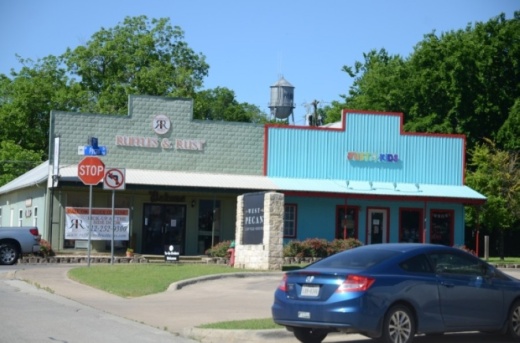The code amendments would not rezone any property, said Emily Barron, Pflugerville's planning and development services director. The changes apply only to future property development and redevelopment and aim to define strategic areas for development, Barron said.

The city hosted two discussions with area residents over the summer, where many attendees expressed concerns about the possibility of commercial businesses encroaching into traditional residential spaces. Following those public forums and a Sept. 8 council discussion, the following changes had been made to the code amendments, now approved:
- clarified uses permitted within transitional compatibility zone, which now prohibit the use of a bar or tavern, body art studios, brewpubs and wine bars, or lounges;
- increased clarification on parking within transitional compatibility zones, which prioritize new parking;
- added definitions and detailed graphics defining "across the street" and "across the alley," with regard to parking; and
- building height clarifications in transitional compatibility zones to coincide with single-family residential dwellings.
Denoted in the transitional compatibility zone are requirements and restrictions on building setbacks, maximum lot sizes, building height, landscaping and architectural standards to mirror those of the surrounding community, per documents.
For land use and zoning considerations, the district overlay "restricts or places additional conditions" on land uses that would have been permitted in the base zoning districts, per documents.
Barron said an example of this is, while an automotive repair shop is permitted under a GB1—or general business—land zoning, it would be prohibited under the downtown district overlay if proposed as future development or redevelopment.





